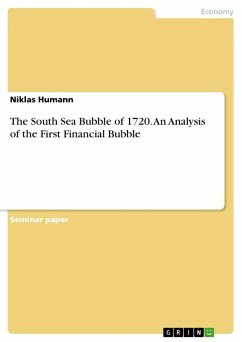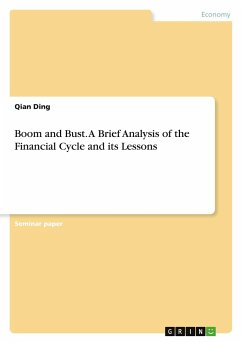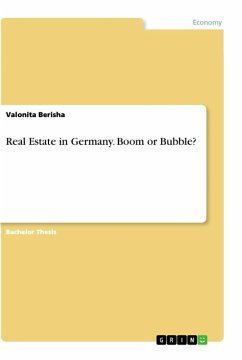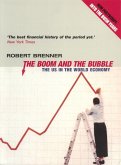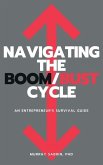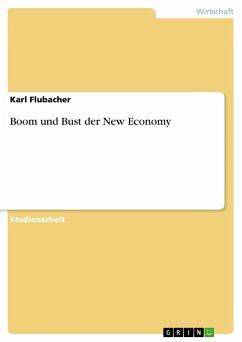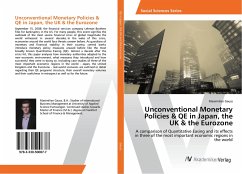Seminar paper from the year 2022 in the subject Economics - Finance, grade: 1,3, University of Münster, language: English, abstract: This paper analyses how far the events of 1720 actually constituted a bubble. While there is an ongoing discussion of what a "bubble" actually is, this study will sidestep much of the formal discussion and focus more on presenting stylised facts that any theory would need to be able to explain. Consequently, this paper will follow Quinn and Turner (2020) in defining a "bubble" as having two parts: a period of sharply increasing prices followed by a period of sharply decreasing prices. This definition has the advantage of not hinging on the cause of the bubble itself but focusing on the actual price developments (more on that later). While these price increases may carry the innuendo of not being justified by ¿fundamentals¿, the definition does not explicitly require this. From the first international collapse of financial markets in the early 18th century to the more recent Great Financial Crisis, financial bubbles have been the source of massive economic gains as well as losses and bear an unrivalled potential to disrupt real economic activity. Consequently, they are often controversially discussed ¿ both in the general public, as well as in academic literature. With every new supposed bubble episode, comparisons to past crises are drawn. While much of their original context got lost to the history books, a sense of awe regarding the madness that the participants seem to have suffered from remains. Even after 300 years, the events surrounding the South Sea Bubble of 1720 are still part of a controversial debate about the very nature of financial markets and the investors participating in them. As pointed out by Paul (2011), the South Sea Bubble "has become a byword for folly and fraud" and a landmark in the economic history of Europe. A company that survived for over one and a half centuries is today mostly remembered for what happened to it in less than a year. As one of the most famous crashes in history, its name is often invoked in debates of more recent bubbles ¿ often with little understanding of the actual events.
Hinweis: Dieser Artikel kann nur an eine deutsche Lieferadresse ausgeliefert werden.
Hinweis: Dieser Artikel kann nur an eine deutsche Lieferadresse ausgeliefert werden.

